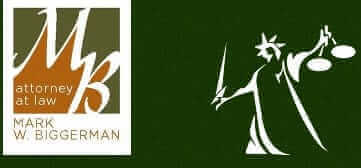When you negotiate the terms of your next commercial lease, it is prudent to make sure that you get the most mileage out of the use and exclusive use clauses contained in the document. These are two provisions of a lease that can become a bit of a sticky wicket for the leaseholder — and sometimes the landlord.
These clauses are very important because they dictate how the property you are leasing can and cannot be used. Some leases include very broad clauses while others are quite granular and specific. Which is better? That depends on the language used and the circumstances of your tenancy.
Here’s how use and exclusive use clauses work
A use clause limits what you can do with your space. A very restrictive use clause could severely restrict your business and prevent any expansion into a different revenue stream. For instance, if you bake and sell pastries and other sweets to carry out, a too-strict use clause could get in the way of your ever setting up a few tables and taking orders inside your business because that could be seen as “serving meals” instead of operating a bakery. Your landlord might not want you to be in competition with another renter who operates a restaurant.
An exclusive use clause, however, does the opposite: It protects you from having a competitor move in and take over part of your business by offering similar items or services. Landlords are disinclined to offer these unless you pull considerable “weight” in the building or plaza with your business, but they can help you protect your interests.
Whenever you negotiate a lease’s terms, it makes good business sense to loop in your business law attorney. They can recommend any needed changes or additions.

